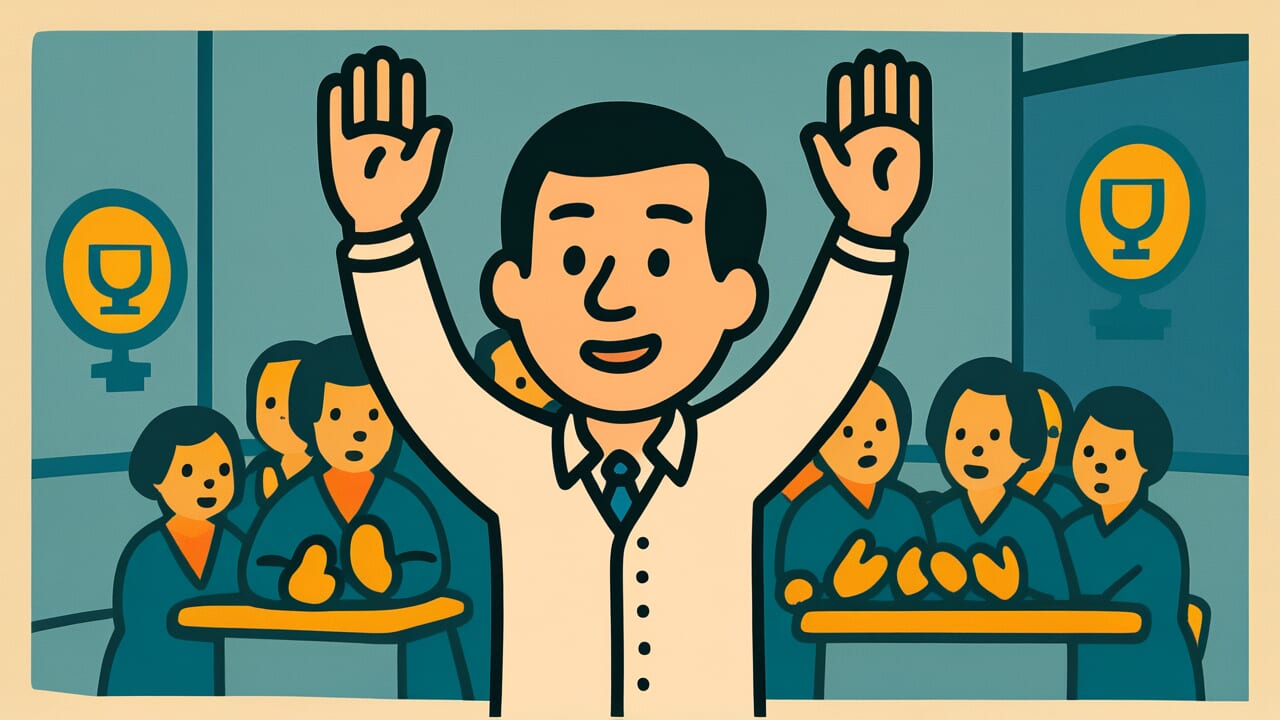Cultural Context
This proverb holds deep significance in Indian culture, which values collective harmony. Indian society traditionally emphasizes community over individualism in most aspects of life.
The imagery of clapping resonates because it represents celebration, agreement, and shared joy.
In Indian households and communities, cooperation is considered essential for success. Joint families living together require constant collaboration to function smoothly each day.
Religious festivals, weddings, and daily rituals all depend on multiple people working together.
This wisdom is commonly shared by elders when teaching children about teamwork. Parents use it to resolve sibling disputes or explain why family cooperation matters.
The proverb appears across different Indian languages with similar phrasing and meaning.
Meaning of “A clap cannot be made with one hand”
The proverb states a simple physical truth: one hand alone cannot produce sound. You need both hands coming together to create the clapping sound.
The message is clear: cooperation between people is necessary for achieving results.
This applies when colleagues must collaborate to complete a complex project successfully. A teacher and student both need effort for learning to happen effectively.
In conflicts, both parties must be willing to compromise for resolution. A marriage requires mutual effort and understanding from both partners to thrive.
Even simple tasks like moving furniture often need two people working together.
The proverb reminds us that blaming only one side is often unfair. Arguments and problems usually involve contributions from multiple people, not just one.
It encourages looking at situations from a broader perspective before assigning fault.
Origin and Etymology
It is believed this proverb emerged from everyday observations in Indian village life. Communities relied heavily on collective effort for farming, building, and celebrating together.
The simple act of clapping became a perfect metaphor for cooperation.
Indian oral tradition passed down such practical wisdom through generations without written records. Elders shared these sayings while teaching children or settling community disputes effectively.
The proverb likely existed in various regional languages before spreading across India. Its simplicity made it easy to remember and translate into different tongues.
The proverb endures because its truth is immediately verifiable by anyone, anywhere. Children can test it themselves by trying to clap with one hand.
This physical demonstration makes the lesson memorable and impossible to dispute. Modern India still values this wisdom despite rapid social and technological changes.
Usage Examples
- Manager to Employee: “You want the project to succeed but refuse to collaborate with others – A clap cannot be made with one hand.”
- Coach to Player: “You expect to win the championship but skip every team practice – A clap cannot be made with one hand.”
Lessons for Today
This wisdom addresses our tendency to expect results without seeking necessary cooperation. Modern workplaces increasingly require teamwork, yet people often try solving problems alone.
The proverb reminds us that collaboration usually produces better outcomes than isolation.
When facing workplace challenges, reaching out to colleagues often reveals helpful perspectives. In personal relationships, recognizing that conflicts involve both sides helps find solutions.
Parents raising children benefit when both partners share responsibilities and decision-making equally.
The key is distinguishing situations requiring cooperation from those needing individual action. Some creative work benefits from solitary focus before collaborative refinement happens later.
Emergency decisions sometimes cannot wait for group consensus to form completely. Balance comes from recognizing when partnership strengthens results versus when it delays them.



Comments